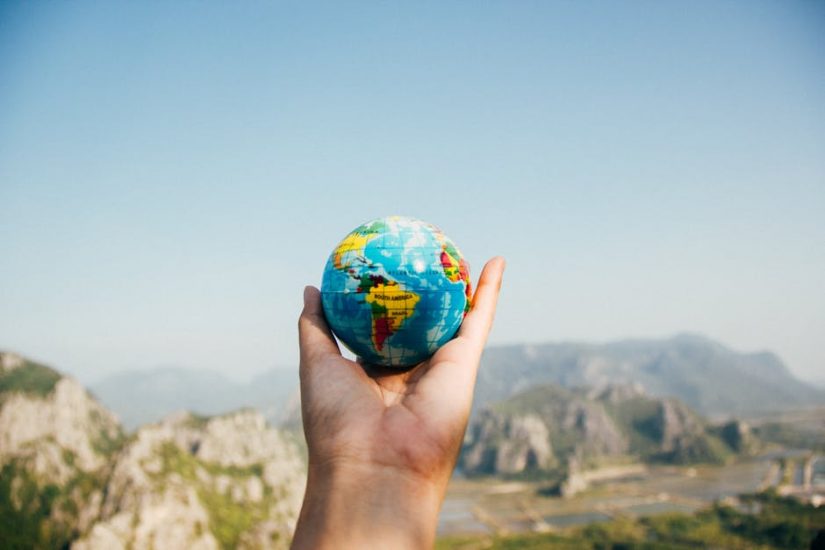3 Myths About Traveling Around The World
There is a lot of disinformation that goes around about traveling. It’s because most people are either afraid or have no idea what they are talking about. Traveling the world in 2018 is easier than ever.
In this article, we are going to tackle three myths that people believe about traveling.
Let’s get started:
1.”I Heard That ______ Is Dangerous.”
Now, as a disclaimer, the world CAN be a dangerous place. Some places have a higher chance of getting the average person into stickier situations than others.
That said, most of the places people think are dangerous, aren’t what they envision. Places such as Mexico, Ethiopia, Pakistan, Thailand, Paris, are over stigmatized in movies.
The reality is far less despicable.
While incidents do occur, most travelers are safe as long as they know how to respect the local culture. Most of the time when expats/travelers experience problems, its usually because of them not using their common sense.
Some of the best food and kindest people you will ever meet are in African countries that many people are afraid to go to.
This can be a good thing for the “brave” adventurer who decides to go and explore the unbeaten path within reason.
Paris or London in some areas is regularly more dangerous than certain parts of Santo Domingo, Dominican Republic or Medellin, Colombia.
Action movies, overblown news stories and more add to the culture of fear. They prevent some travelers from going to what would be their favorite place on a life-changing trip.
That’s not to say that any and every challenge should be undertaken. Going to certain places are dangerous for reasons that would not be present in others.
Visiting Australia can be very safe. It can also cause you to run in with one of the most deadly animals in the world.
The same can be said of the southern or Midwestern area of the United States.
2. Traveling Around The World Is Expensive
Traveling can be expensive.
For those that want the Disneyland adventure where everything is setup for them, there are mid-range to expensive options that can be catered to your tastes.
If you follow the normal path that everyone does, chances are, it may not be as cheap as you would like.
When you travel places, if you stay in the tourist areas, eat at the places targeted to tourists, and don’t do your research and stay in hotels, it can be very expensive.
However, for those that are good at planning and research, its easy to find points packages that will allow you to mitigate housing costs, flights, and dining together.
On the lower but more exciting tier, there is more creative skills are needed.
There is an abundance of online offers for last-minute flights and for booking flights way in advance. If you are willing to take the option of these, you can stay in hostels, airbnbs, or sublet to cut down on your costs for housing during your trip.
Many hostels around the world offer a work stay position for travelers that want to save on housing.
In exchange for helping out around the hostel for a few hours, you get free accommodation with enough time to go out and see where you are staying and even work a normal job as well.
Traveling can be good for perspective. Even those that don’t have the resources can get them in a variety of ways to get your initial trip rolling.
If you’ve always wanted to travel consider looking into places/ways that you can use your skillsets/interests to make a remote business.
Beyond that, there are Kickstarter, wishlists, and other sites that can allow you to travel. One option many choose are loans for the unemployed to ease transitions and give some financial breathing room.
They can be effective tools to get out of a living situation and take a brief respite in another country that’s cheaper than where you are from.
3. You Have To Know More Than One Language Fluently
While it helps, you don’t have to know more than one of the most popular languages to get by most of the time.
English, Spanish, Chinese, French, etc. etc. are all widely spoken enough that usually in any major or second tier city someone speaks your language. From deep Quebec to Budapest, Hungary, English is the standard second language for many people.
If all you know is English, don’t fret, you’ll be able to get by. But it’s recommended that you at least try and learn some of the basic phrases/words to make your day to day easier.
Just because people can speak English, doesn’t mean they want to.
Conclusion
What did you think about the article? Do you have any traveler tips or myths you’ve found weren’t true?
Let us know in the comments below.




